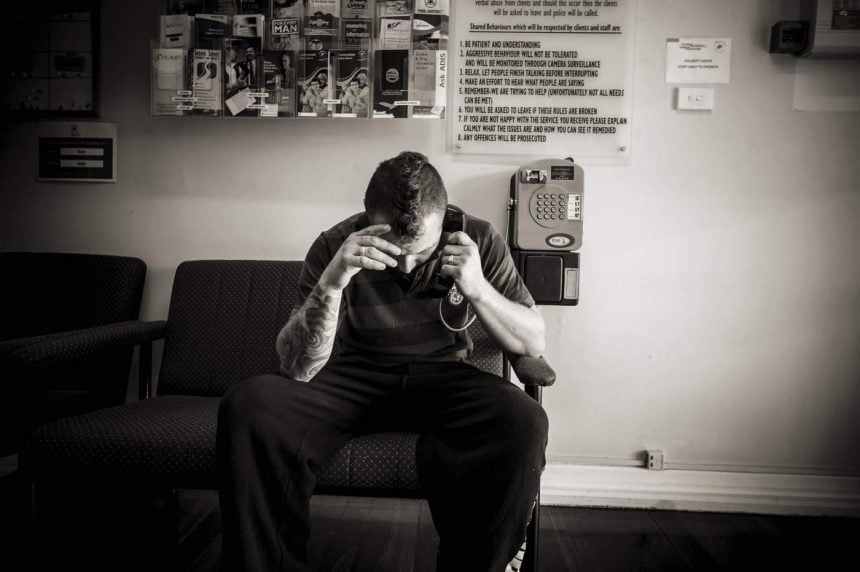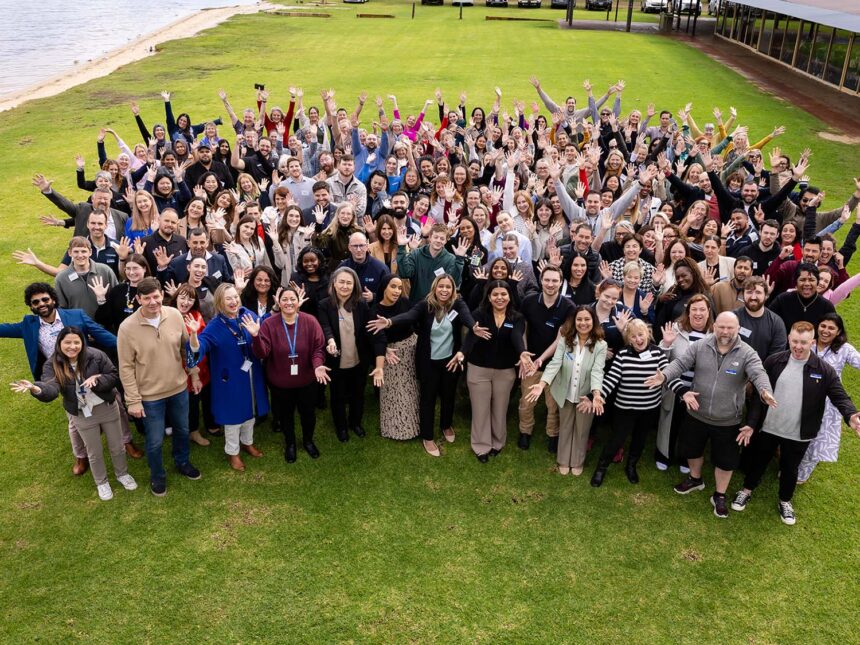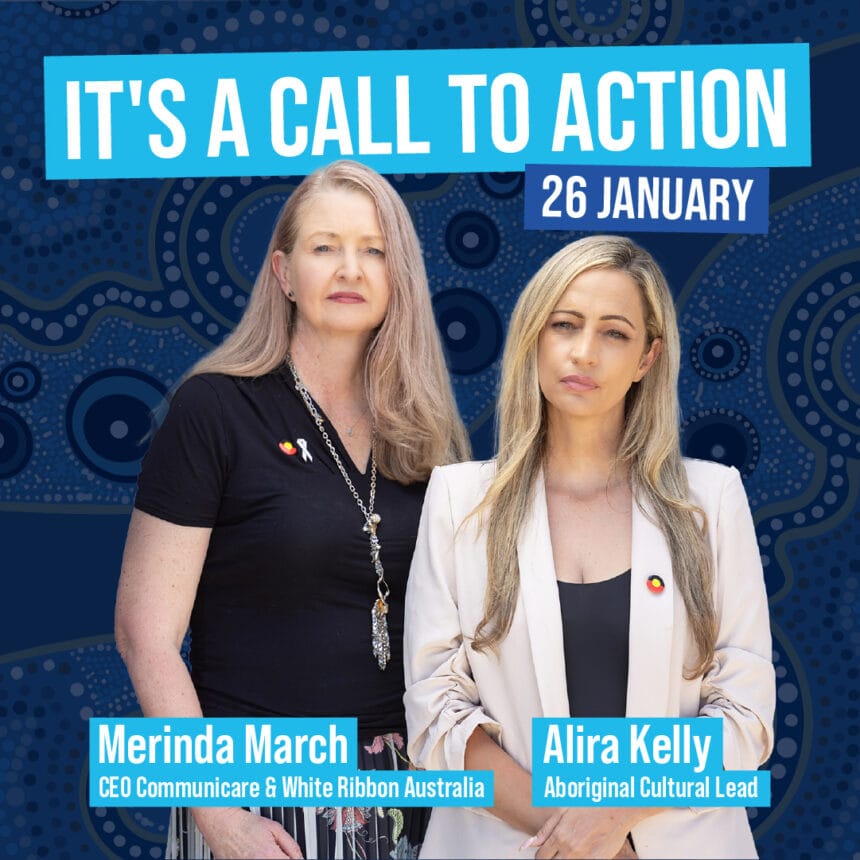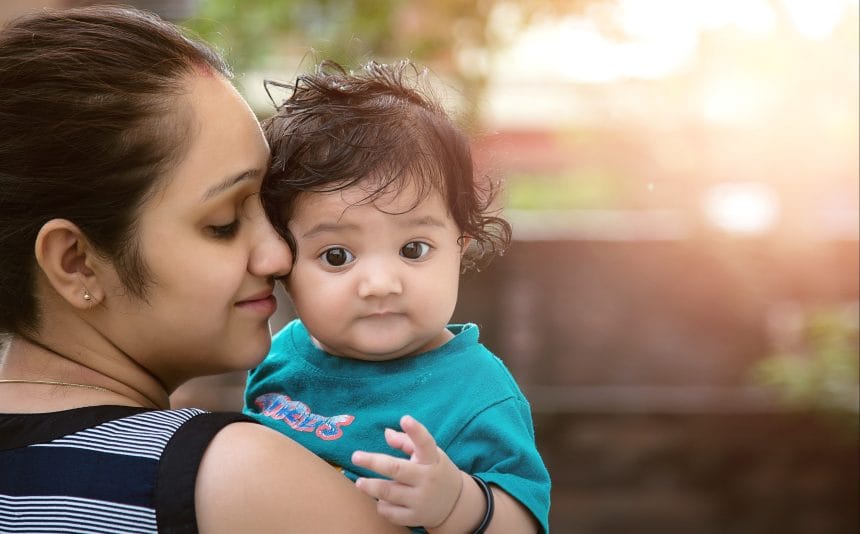In 2024, Communicare Breathing Space marks 21 years holding men to account for their violence against women
Communicare’s Breathing Space residential men’s behaviour change program first opened its doors 21 years ago in the southern Perth suburb of Calista as the first program of its kind in the Southern Hemisphere.
The six-month, live-in program supports men to own and ultimately change their violent behaviours, taking them out of the family home, so women and children can remain and stay connected to their local support networks.
Travis is one of more than 1,200 men who have completed the program over the past two decades. In 2021, he was interviewed by award winning journalist Jess Hill for her groundbreaking SBS series ‘See What You Made Me Do’ based on the award-winning book of the same name, confronting Australia’s ongoing domestic violence crisis.
“I was f**ked pretty much all the time,” Travis began. “I started being controlling, paranoid, really untrusting; using economic abuse, coercion and threats; I assaulted her – I was a monster, a complete monster.
Not all men who use violence and abuse grow up in violent and abusive houses, but many do and it’s a cycle that can infect one generation to the next.
In the State Budget, Communicare welcomed an additional $4.5 million in State Government funding to bolster our Communicare Breathing Space program in Calista, along with our Maylands facility which opened in 2019.
This was on top of a two-year, $2.9 million funding package for our South Hedland Breathing Space program, which opened in February 2023.
The State Government said changing the attitudes and behaviours of men who choose to use violence was critical to addressing family domestic violence and abuse (FDVA), with the Breathing Space model showing “clear and demonstrated success”.
Breathing Space provides an alternative to removing women and children from the family home and supports men to understand and take responsibility for their violence and abuse.
Between 2019 and 2021, Curtin University conducted an evaluation of Breathing Space, in comparison with our Connect and Respect program. This is a community based, three-month court-mandated behaviour change program, with men attending a group session twice weekly, as opposed to a six-month intensive behaviour change program.
Both programs include partner contact and support for the victim-survivors who may be
the current or former partners of participants. The safety of women and children is always at the forefront of all our FDVA initiatives.
The evaluation showed both programs were effective in improving behaviour, including
reductions in psychological abuse, trait anger, control of anger expression, emotional stability and propensity for abusiveness.
Crucially, the feedback from victim-survivors was positive for both groups, with women confident in knowing where to access assistance and support when needed.
Since September 2020, Communicare has also delivered the Choose Change men’s behaviour change program in collaboration with the Family and Domestic Violence Response Team (FDVRT) in the Armadale Police District. The program is designed to enhance system responses to FDVA.
The Armadale FDVRT is comprised of Family Violence Police Officers, the Ruah Community Services’ Coordinated Response Service, the Communicare Perpetrator Response team and the Department of Communities Child Protection and Family Support.
In March 2022 we conducted an independent evaluation of Choose Change and found participants showed increased awareness of FDVA generally and increased awareness of its impacts on children, women and men.
Armadale Police district reported a 15.6% reduction in police interventions from September 2020 to February 2022, and while not solely attributable to the program, police believe it made a significant contribution.
Participant feedback was overwhelmingly positive. One man said he didn’t know where he would have ended up if he hadn’t attended. Others said it had changed their life. One said Choose Change had helped him to be a better dad.
Our three Western Australian Breathing Space facilities are among very few residential men’s behaviour change programs in operation worldwide.
Earlier this year, I was awarded a Winton Churchill Trust Fellowship, sponsored by the Department of Communities WA, to investigate and identify international best practice models in men’s behaviour change programs, specifically in residential settings.
As part of this fact-finding mission, I will be visiting a number of men’s behaviour change facilities across the world and use this information to advocate with local, state, and federal governments, to establish residential programs right across the country.
Our 30-year experience in this sector has clearly shown that we can’t fix this FDVA problem if we don’t drive change for victim-survivors and for men who use violence.
As the most established men’s behaviour change program in Australia, Breathing Space is uniquely placed to demonstrate how – in a relatively short period of time – men who use violence can be introduced to positive strategies for long-term change.
Melissa Perry, CEO Communicare / White Ribbon Australia
Photo credit: Tony McDonough, RAW Image photography










